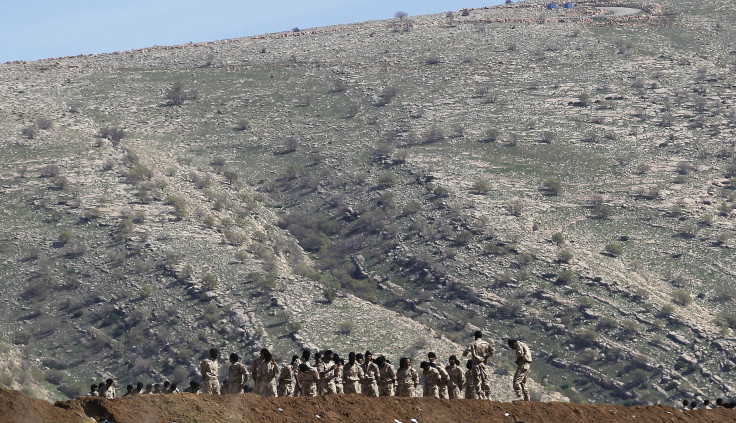ISIS Bans Eid Prayers In Mosul: Report

The Islamic State group has banned residents of the occupied northern Iraqi city of Mosul from praying on the Muslim holy day of Eid al-Fitr, claiming that the practice is not part of the Islamic religion, according to a local report on Friday.
Eid al-Fitr, known as "Feast of Breaking the Fast," marks the end of the 30-day Ramadan period and is celebrated by Muslims across the world. Kurdistan Democratic Party (KDP) official Ismat Rajab reportedly said that the militant group claims the practice was not "originally an Islamic practice" and was not followed by ancient Muslims. ISIS has issued a warning to all the residents to refrain from prayers on the day, Kurdish news source Rudaw reported.
Mosul was captured by ISIS last year, and reports from the occupied city suggest that the militant group has taken to ruling the majority-Sunni city with an iron fist, burning libraries and books, destroying ancient artifacts and executing hundreds of mostly Shiite Muslims, whom the group considers apostates.
Local security forces and militia troops are planning a major offensive to retake the city, but the Iraqi army's recent difficulties in other parts of the country have raised questions over the efficacy of their operations. The offensive has been delayed indefinitely.
Meanwhile, ISIS has been consolidating its hold in the area and making further gains, destroying artifacts in the nearby ancient city of Nimrud and occupying the city of Ramadi.
Eid al-Fitr will be celebrated across the world on Friday.
© Copyright IBTimes 2024. All rights reserved.





















